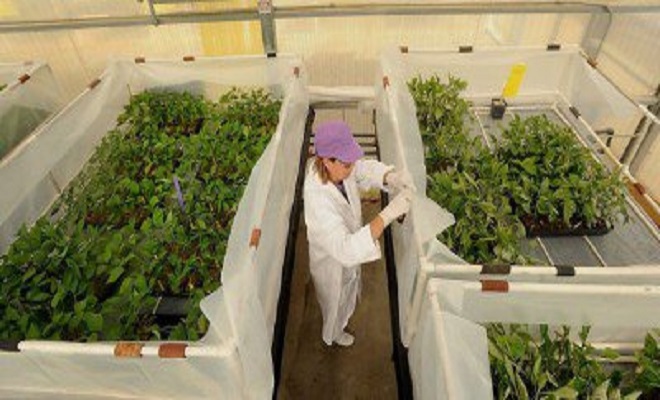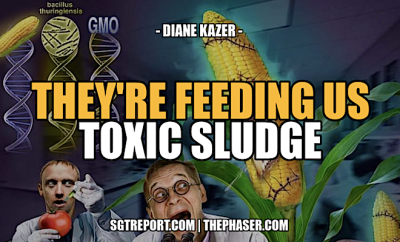 Noah Berger, Bloomberg
Noah Berger, Bloomberg
GMO
Monsanto Asks World Health Organization to “Retract” Cancer Link
by Anthony Gucciardi, Global Research.com:
Just days after the World Health Organization’s International Agency for Research on Cancer released a report publicly declaring the well-known link between Monsanto’s Roundup herbicide and cancer, the GMO leviathan is already calling on the entire agency to issue a ‘retraction.’
Recently, Monsanto’s Roundup herbicide – the most widely used and best-selling herbicide in the U.S. and one of the world’s most popular weed-killers – has been labeled a probable carcinogen by the International Agency for Research on Cancer. Now Monsanto is fighting that assessment.
As reported by The Lancet:
“In March, 2015, 17 experts from 11 countries met at the International Agency for Research on Cancer (IARC; Lyon, France) to assess the carcinogenicity of the organophosphate pesticides tetrachlorvinphos, parathion, malathion, diazinon, and glyphosate (table). These assessments will be published as volume 112 of the IARC Monographs.”
Instead of deciding to make the product safer, or even delving into the realm of the conclusion from the scientists that Roundup is ‘probably carcinogenic (cancer-causing) to humans,’ Monsanto instead stated that they ‘question’ the assessment.
“We question the quality of the assessment,”the vice president of global regulatory affairs for Monsanto, Philip Miller, stated in an interview. “The WHO has something to explain.”
I think Monsanto has something to explain. And so do many scientific experts around the globe.
“There are a number of independent, published manuscripts that clearly indicate that glyphosate … can promote cancer and tumor growth,” said Dave Schubert, from the cellular neurobiology laboratory at the Salk Institute for Biological Studies in La Jolla, California. “It should be banned.”
Numerous past studies have proposed what most of us have already surmised, that glyphosate – the main ingredient in Monsanto’s RoundUp – is utterly killing us. What’s more – it is causing damage in much smaller servings than the agriculture industry is dishing out in its common GMO and pesticide spraying practices.
With the already existing plethora of research pointing towards Roundup’s dangers, as well as this most recent assessment from the WHO, I think we have reason enough to find a better way to stop weeds.
Additional Sources:
Photo credit: Noah Berger, Bloomberg
Read More @ Global Research.com












